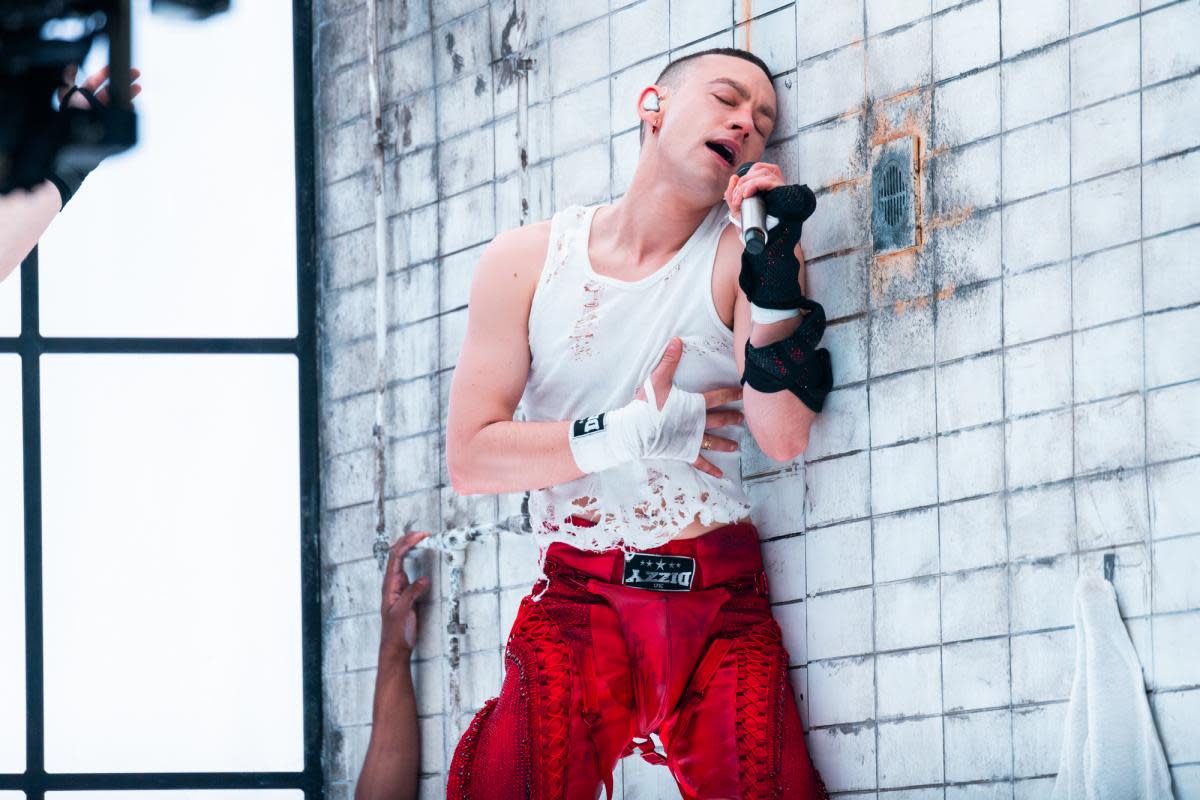UK Eurovision entrant is 'ambivalent' about 'divisive' Union flag

THE UK’s Eurovision entrant has said he has an “ambivalent” relationship with the “divisive” Union flag.
Olly Alexander, who will perform for the track Dizzy for the UK on Saturday in Malmo, has said the flag can be “nationalistic” and he hopes to be able to “reclaim” it in a “positive” way when he waves it at the parade.
The 33-year-old said: “When I’m going to be out there waving my flag… at the parade, it’s for all the good things that have come from growing up in the UK and being British.”
In March, Alexander came under pressure to withdraw from the competition after Queers for Palestine, a collective of more than 450 queer artists, wrote an open letter asking him and other performers to pull out of the contest in protest at Israel’s participation.
READ MORE: All Under One Banner announces details of next Scottish independence march
The contestants responded in a statement: “It is important to us to stand in solidarity with the oppressed and communicate our heartfelt wish for peace, an immediate lasting ceasefire, and the safe return of all hostages.
“We stand united against all forms of hate, including antisemitism and islamophobia.
“We firmly believe in the unifying power of music, enabling people to transcend differences and foster meaningful conversations and connections. We feel it is our duty to create and uphold this space, with a strong hope that it will inspire greater compassion and empathy.”
Alexander has previously signed a letter calling Israel an “apartheid regime” and condemned “Zionist propaganda” and Jewish campaigners called for him to be replaced as a Eurovision entrant.
The BBC said it would continue to let Alexander express his views.
If Alexander were to win on Saturday, it would be the first time a British entrant had claimed victory since 1997.
He is automatically through to the final as he represents one of “big five” countries.

 Yahoo News
Yahoo News 
